Here I summed up some of my experiences with games localization from the perspective of a translator: cooperating both directly with game developers, and with localization agencies. Please do not treat this list as in any way comprehensive, however it still might be a guideline for game developers when preparing for the (first ?) localization project.
Short description of software/game you want to have translated
It must at least contain genre, target audience, mechanics, platforms source language and target languages. No, do not assume localizaton project manager will be thoroughly googling for your (not always so clear and easily searchable game name) website or social network profiles. You know the game inside-out – share your knowledge. The more you share the better the final localized version will be.
Present all the game-related descriptive information
Have this thought in mind: the localization agency has NO idea of what the game is, I need to be as helpful as I can, because I want the best translation.
Deliver at least a sample of the real file to be localized
It is common that the game is not yet finish when you think of localizing it. And it is good! However, when you start to look for a localization vendor you need to deliver at least a fragment of the string lists you will be providing. And if your final file(s) to be localized is XLS/XLS please make sure it is not sorted alphabetically!
If you have any localization kit from previous localization (of the same game localized to other languages or of other games) please state it and deliver
Again – the more information you give, the better the translation will be. You might (and should!) have some specific requirements as to e.g. number formatting or proper names localization.
If there is a deadline, please state it
There always is! And if you are not in a hurry give the reasonable and generous deadline, but ALWAYS give. Why? This is an external motivation tool. Without the deadline the localization process tends to extend indefinitely.
You have a translation memory or a glossary?
Great. Deliver it as well even if it is a TM/glossary form a localization to a different language – it still gives some context.
Monolingual glossary of terms
You know the game inside-out and you know what terms appear very often and are vital for the game. You also know which terms are proper names not to be localized. Make a list (even a brief one) of most important terminology and a list of terms NOT TO BE TRANSLATED.
Deliver all informative graphics
If you have any graphics, screenshots, lists of items, characters, statuses, places, resources etc. that are used in your game in early and late in the progress, please deliver it. These graphics sometimes are a lot more helpful than a working copy of the game. Why? A simple example: they allow to see eg. late level and high developed upgrades of armors and weapons or scenario progress after many hours of playing. They are extremely helpful!
Is the game/software a finished product?
Or in development, an update, DLC, sequel? Share the information. It gives a perspective.
Do you give access to a working copy of the software?
You are a flexible studio and you do not need to follow sometimes paranoic NDA’s of big studios that from time to time tend to bite them. Why? If you give the translator/localization agency the context of a working game, then they can deliver far better localization. Context is everything.
Prepare a person at your end to be active during the localization process
Appoint ONE person to be the hub of information at your end. He/she will be the one who answers the queries and forwards all the information to the localization vendor.
 Before localization starts
Before localization starts



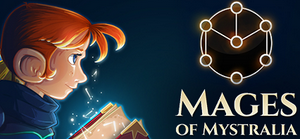



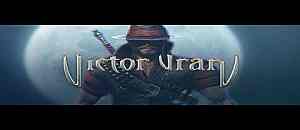
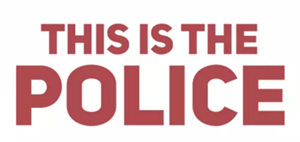
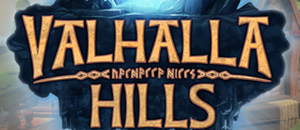
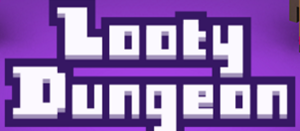

 Why do you need a game localization style guide?
Why do you need a game localization style guide? Kilgray’s translation industry trend report in 10 thoughts I had when reading it
Kilgray’s translation industry trend report in 10 thoughts I had when reading it How to check game localization quality for free?
How to check game localization quality for free?